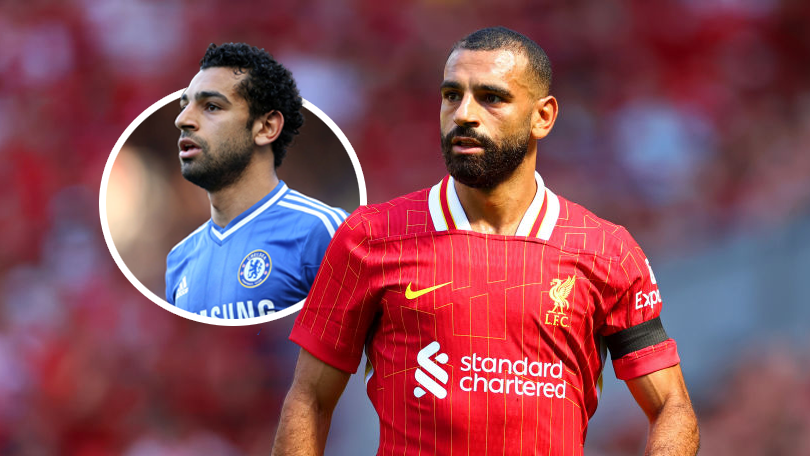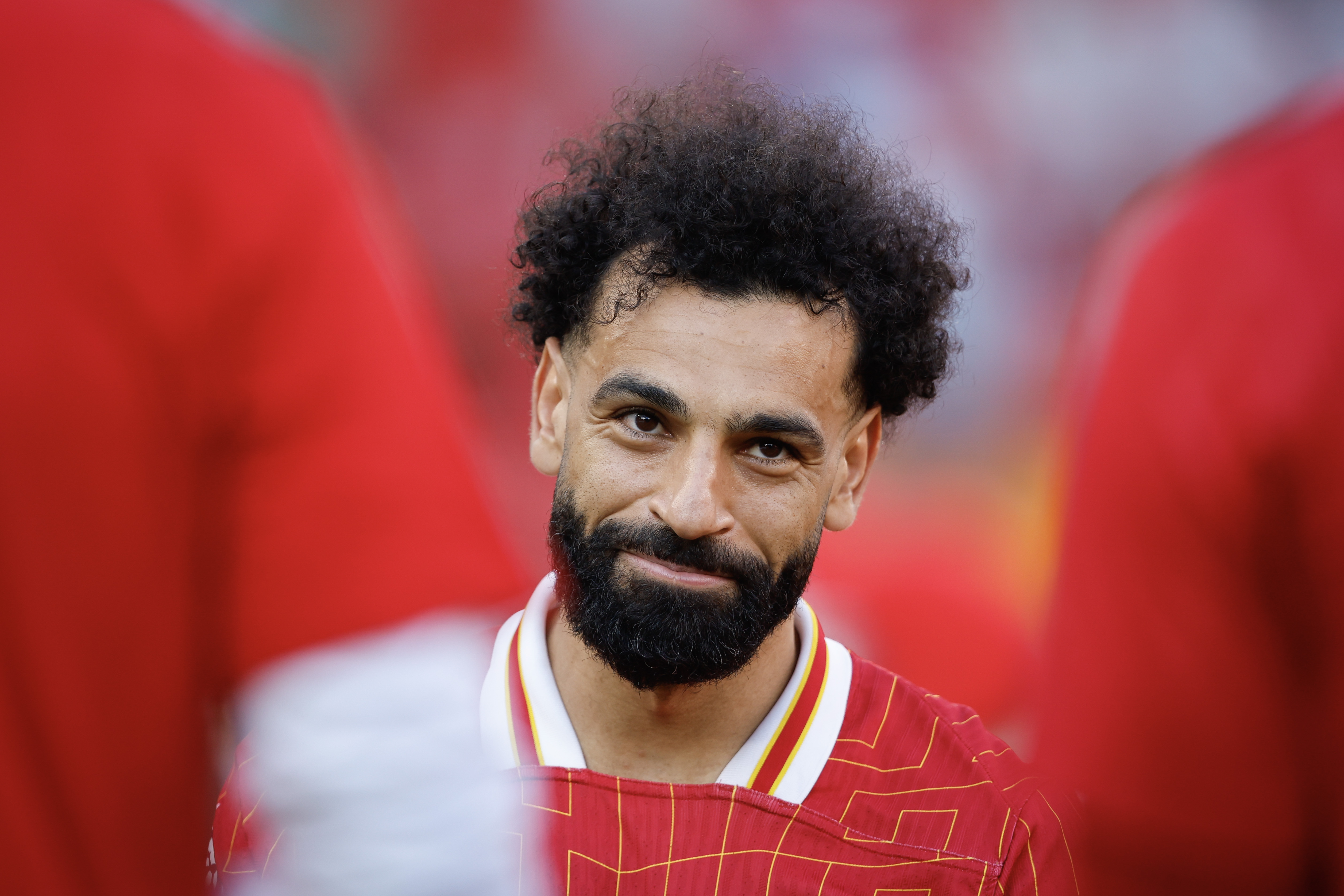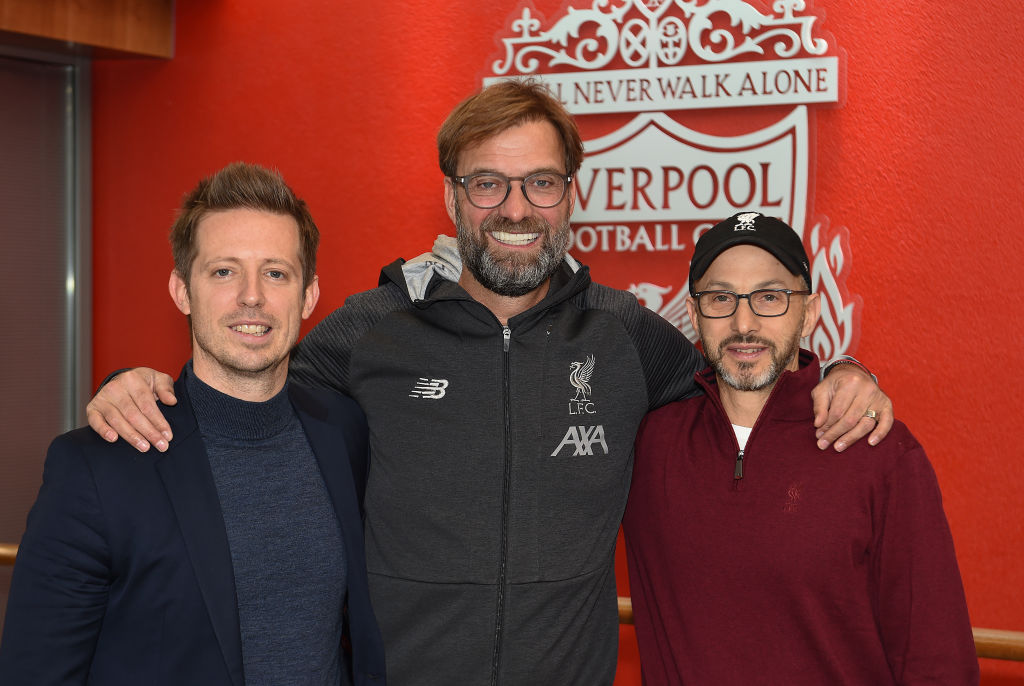
Liverpool made the masterstroke decision of signing a 25-year-old Mohamed Salah in 2017 for £34m, with the fee later rising to £43m - though the majority of Europe, and especially the Premier League, didn't see it that way.
While that fee has been largely paled into insignificance seven years later, at the time £34m was an awful lot of money. It seemed an extortionate amount for someone who had struggled to adapt to Premier League football while at Chelsea in 2014.
Salah scored twice in just 13 Premier League appearances between January 2014 and January 2015, before the Blues decided to loan him out to Fiorentina and then Roma six months later. The side from the Eternal City then paid around £14m for the Egyptian in the summer of 2016 - so it seemed a huge surprise when Liverpool were offering a full £20m more just a year later.
VIDEO: How Arne Slot Has ALREADY Transformed Liverpool
Sure, 19 goals in 41 appearances in all competitions for Roma was a great return for a player written off in the Premier League, but it still seemed a major risk for the Reds. The club, though, saw it differently.
Ian Graham worked at Liverpool as their director of research for 11 years between 2012 and 2023, helping formulate their data-led approach to transfers. Graham worked closely with then-sporting director Michael Edwards to identify targets, and recalls how Salah stood head and shoulders above the players who fit their profile of targets in 2016.
“All our analysis is focused on, ‘How are you increasing our chances of scoring a goal or decreasing our chances of conceding a goal?’," Graham told The Athletic. "Some forwards are quite one-dimensional and only add value through shooting. You can measure that through xG.

“But Mo [Salah] is a multi-functional forward. He can run with the ball, he can pass and create, as well as shoot. Our ‘Possession Value’ model attempted to put a value on each of those passes, runs and shots. It showed he added real value in those three ways and was very difficult to defend against.
“From a complicated data point of view, he ticked all the boxes. He came out as the best wide forward in Europe aged 24 or under. Mo came with the baggage of having failed in the Premier League, but our data analysis helped us to understand that we could ignore that.
“Signing Mo because he had failed at Chelsea was doing something different, but we didn’t care about looking stupid. That was the difference between us and a lot of clubs at that time. We just cared about making the right decision and we believed in the process. It was similar with [Roberto] Firmino and [Sadio] Mane, who came from mid-table clubs. They were the three stars. Everyone at the club was really excited we could get them. We didn’t care that the rest of the world didn’t feel that way.”

More Liverpool stories
Liverpool begin Rodrygo transfer process, following talks ahead of £100m move: report
‘Liverpool have a realistic chance of winning the Champions League’: Jamie Carragher offers ambitious prediction for 2024/25
'A lot has been made of Liverpool bringing the old regime back - it was always made out that we're the best in the business, but this is not a good look': Jamie Carragher slams former side over transfer saga







